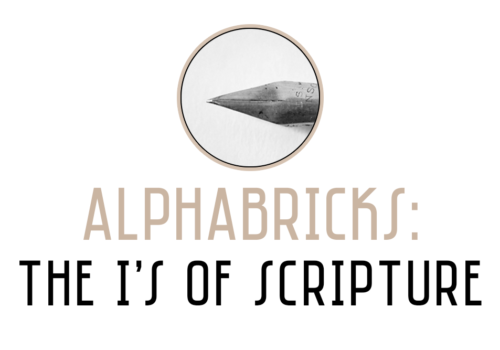Almost five years ago to the day this appeared; I thought it helpful today. (There are two other posts at the bottom of the page that continue the thought if you want to read more!)
For a very small book in the New Testament, and one that can easily be overlooked, the book of Philemon offers some very practical applications to everyday life.
The three main characters in the epistle—Paul, Onesimus, and Philemon—all display and/or are asked to practice kingdom principles in daily life. You and I, at some time, will be in similar circumstances requiring us to do the same.
Choosing to Act In Love and Stand In the Gap
Paul, the authority figure, chose to act in love in appealing to Philemon rather than elicit orders to him. It was an opportunity to exemplify relational authority versus positional authority.
You and I will also find ourselves in positions of authority, whether in the home, school, or work. We could bark orders…or appeal in love. The choice will be ours.
Additionally, he chose to “stand in the gap” for Onesimus, even taking on the runaway slave’s debt to Philemon.
We will also be in positions to “stand up” for those who may have no one to stand up for them, as Paul did for Onesimus. Again, the choice will be ours.
Choosing to Make Things Right
Onesimus found himself in a difficult position: he was a runaway slave facing a possible death sentence, but as a new believer knew he needed to return to his master.
The uncertainty of his future was real, but doing the right thing in returning was even more daunting.
Similarly, we will find ourselves in circumstances where doing the right thing, without knowing the results beforehand, will be before us. What will we choose? Will we face the situation or turn away?
Choosing to Forgive…Plus Some
Philemon was asked by the Apostle to exercise the virtue of forgiveness in Onesimus’ return; and not just forgiveness but to do even more than the minimum in welcoming back his runaway.
There will be many times in our life when forgiveness will need to be offered, sometimes in “little” things and sometimes in very “big” things. Will we do the minimum, or will we go the extra mile? The choice is ours.
…Who would have thought that such a little book offered such big choices?
Keep reading with my two previous posts on the book of Philemon:





